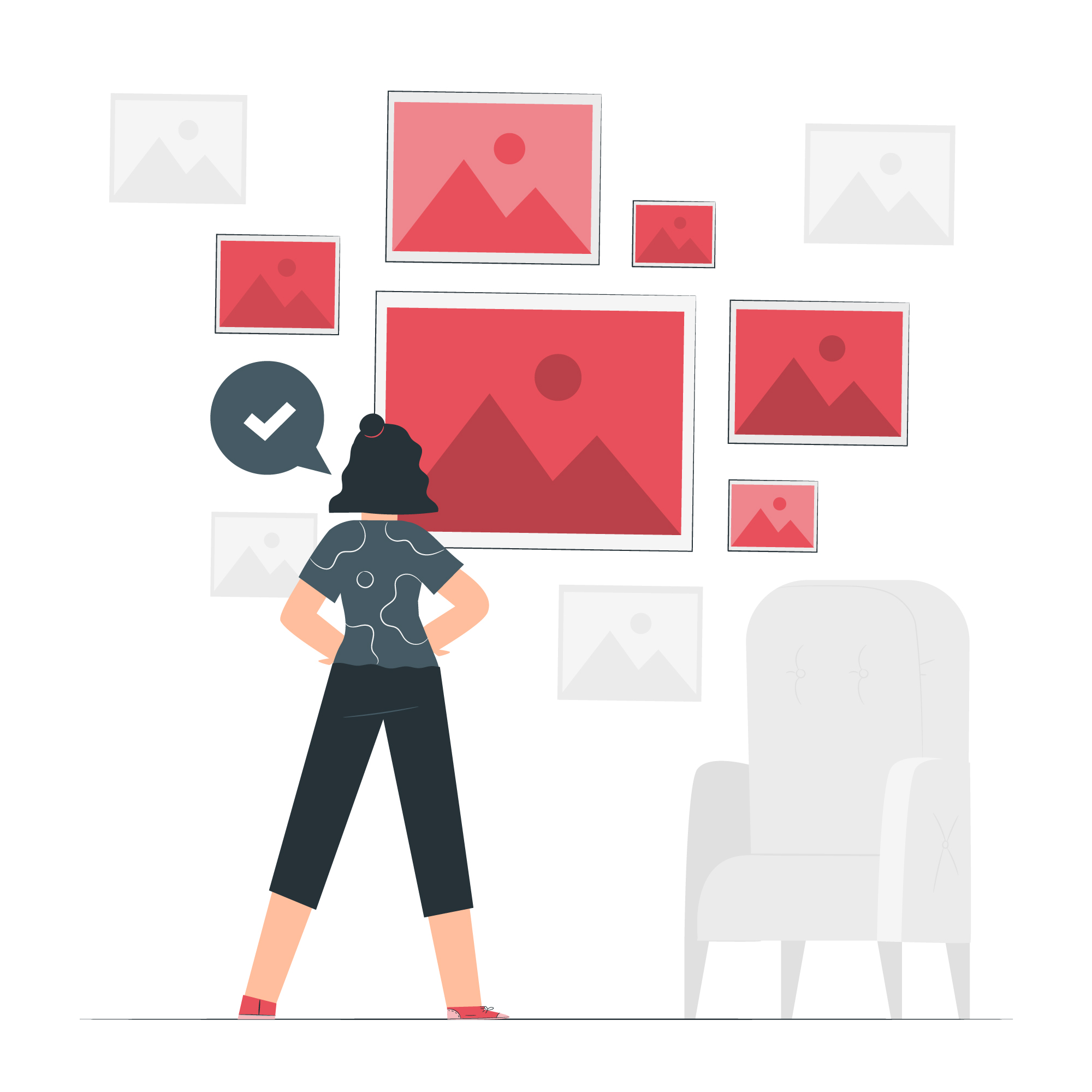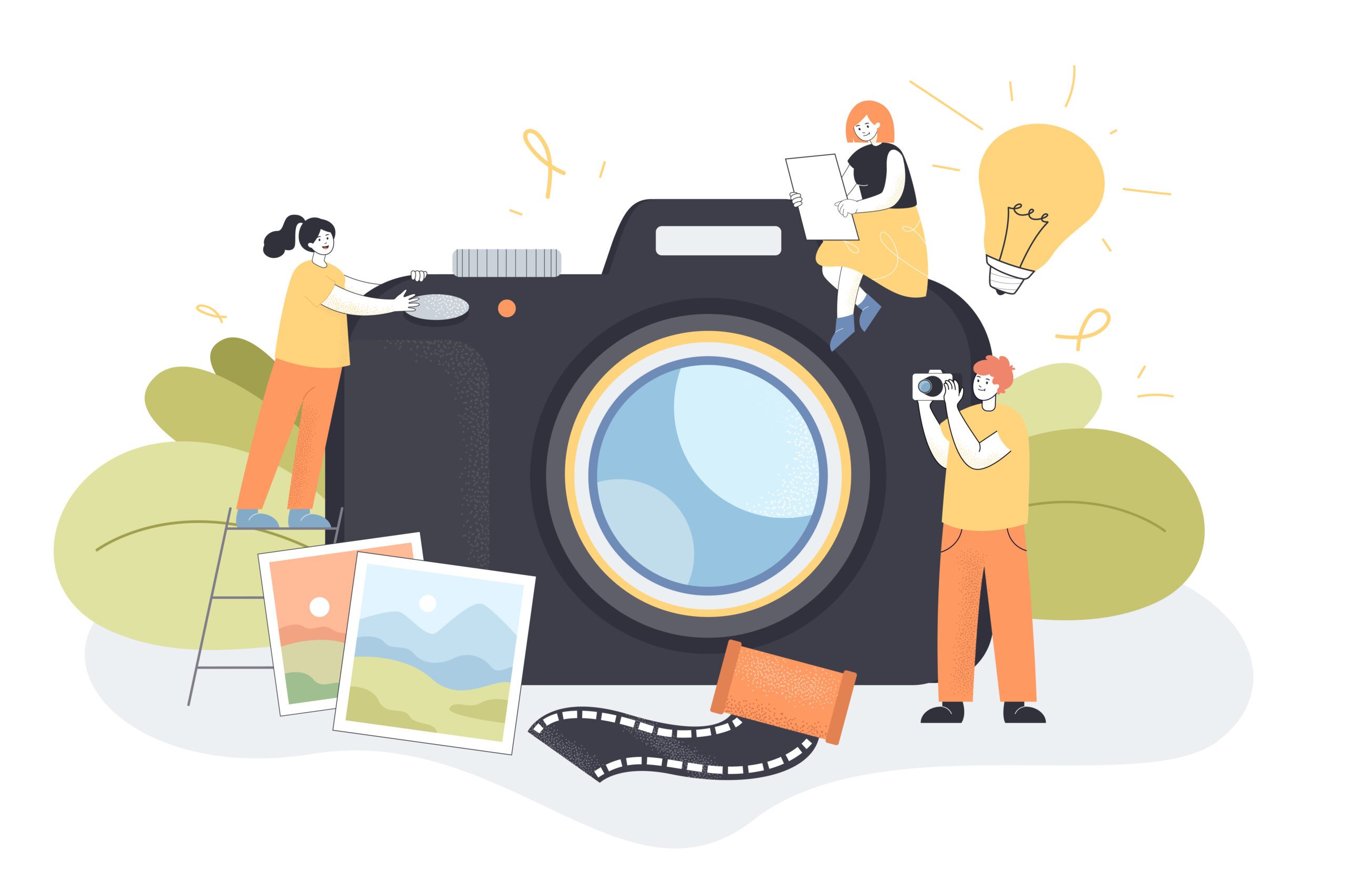Published on January 8, 2024
When creating or maintaining a website, visuals play a crucial role in engaging visitors and enhancing the overall user experience. High-quality images can capture attention, convey messages, and add aesthetic appeal to your web pages. However, finding the right images can be a challenging and expensive task. Fortunately, there are several websites available that offer a vast collection of free pictures for you to use on your website. In this article, we will explore some of the Top Websites for Free Pictures and Understanding Image Usage Rights.

Unsplash
Unsplash is a popular platform known for its extensive library of high-resolution, royalty-free images. It hosts a community of photographers who contribute their work, resulting in a diverse range of subjects and styles. Unsplash offers a user-friendly search engine and allows you to download and use images without afseny attribution requirements.
Pixabay
Pixabay is another well-known website that provides a vast collection of free images, illustrations, vectors, and even videos. The platform sources its content from a community of contributors, ensuring a wide variety of visuals. Pixabay offers a straightforward search feature and allows you to download images without any attribution, making it convenient for website use.
Pexels
Pexels offers a curated collection of high-quality, royalty-free images that are free to use for personal and commercial purposes. The website’s library encompasses a range of categories, and its search function allows you to find specific images easily. Pexels also provides a selection of free stock videos to add dynamic elements to your website.
Burst by Shopify
Burst by Shopify is a resource specifically designed for entrepreneurs, marketers, and business owners. It offers a collection of free, high-resolution images that cater to various business categories. Whether you need images for e-commerce, marketing campaigns, or blog posts, Burst provides a wide range of visually appealing options.
Freepik
Freepik is a platform that offers a combination of free and premium images, vectors, illustrations, and PSD files. While the premium content requires a subscription, Freepik also provides a considerable collection of free resources. The website features a user-friendly interface and allows you to filter images based on their license type.
Wikimedia Commons
Wikimedia Commons is a valuable resource for finding historical images, artwork, and educational visuals. With millions of freely usable images, videos, and media files, Wikimedia Commons offers detailed information on attribution requirements.
Types of Image Licenses:
All Rights Reserved
This is the most restrictive type of license, where the copyright holder retains all rights to the image. Unless you have explicit permission from the copyright holder, you cannot use, modify, or distribute the image.
Creative Commons (CC) Licenses
Creative Commons licenses offer a range of permissions that the copyright holder can grant to others. These licenses allow creators to specify how their work can be used, such as requiring attribution, allowing commercial use, or permitting modifications.
Public Domain
Images in the public domain are not protected by copyright or have copyright protection that has expired. Public domain images can be used freely without permission or attribution.

Guidelines for Using Images on Your Website:



